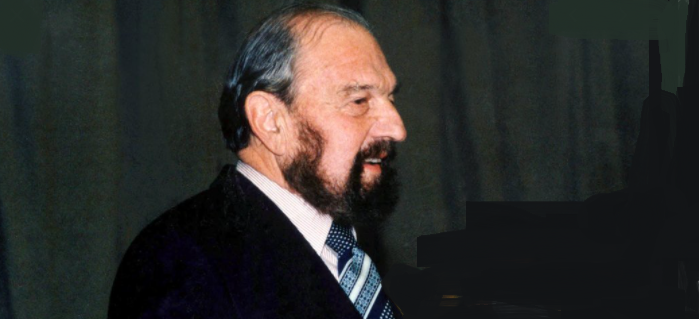
Blake: Notorious spy


George Blake was the last remaining Cold War spy and as a senior officer in the British Intelligence Service who was a double agent for the Soviet Union, his actions had devasting consequences for Britain. Yet he was also one of the least known double agents and remained unrepentant.
In 1961, Blake was sentenced to forty-two-year imprisonment for betraying to the KGB all of the Western operations in which he was involved, and the names of hundreds of British agents working behind the Iron Curtain. This was the longest sentence for espionage ever to have been handed down by a British Court.
Blake, a charming, intelligent, and engaging man, and a seemingly committed patriot, but underneath, a ruthlessly efficient mole and key player in the infamous “ Berlin Tunnel” operation. The illuminating biography tracks Blake from humble beginnings as a teenage courier for the Dutch Underground during the Second World War, to the sensational prison-break from Wormwood Scrubs that inspired Hitchcock to write a screenplay.
The year 2020 ended with the death of George Blake, born as George Behar, a self-made traitor, a perfect double agent. He had a childhood of multiple identities: he was born in Rotterdam, but a British citizen thanks to a Turkish father who had somehow acquired a UK passport. He was raised a Protestant and only discovered his father had been a Jew after his death. He spent his teenage years in Cairo before returning to the Netherlands at the outbreak of the war and joining the resistance.
He arrived in Britain in 1943 and adopted the surname Blake, who was headhunted by MI6, first to prepare agents before they were dropped in the Netherlands, then wrapping up their operations in his home country. At this point, he seems to have been everything that his employers thought he was, and they offered him a permanent job after the war.
Blake was sent to Seoul in 1948 as Mi6’s head of the station, under a diplomatic cover. He was already starting to question the excesses of capitalism, but his life was changed when the North Koreans invaded two years later. He and two other diplomats were taken prisoner and held for nearly three years.
After reading booking lie Das Kapital, Marx’s work Blake seems to have radicalised himself. He passed a note asking to speak to a Soviet officer. He was a Stasi officer observed later, “ One of those who, as we say, the dear Lord Sometimes sends”.
Blake comes across as a pitiful figure, one who realized that the USSR was far from a worker’s paradise, but was doomed to live out his day there.
Three decades later after the fall of the Berlin Wall, it may be hard to recall why people like this once mattered so much.
At least 40 agents behind the iron curtain were killed as a result of information Blake passed to his handlers. In the end, as Blake refused to acknowledge his part in that, we are left with the impression that Blake deceived himself.
The Happy Traitor. Spies, Lies, and Exile in Russia: The Extraordinary Story of George Blake by Simon Kuper, Profile £14.99, 288 pages.
